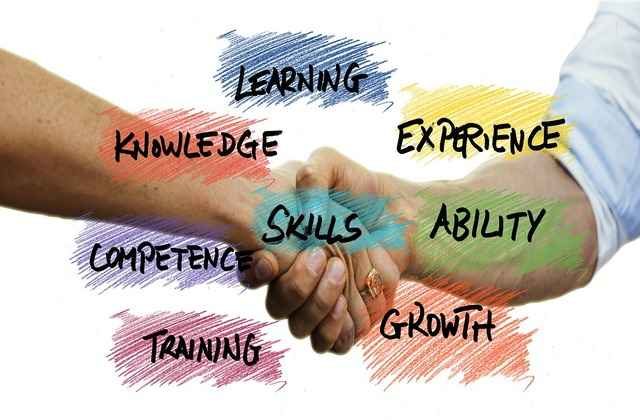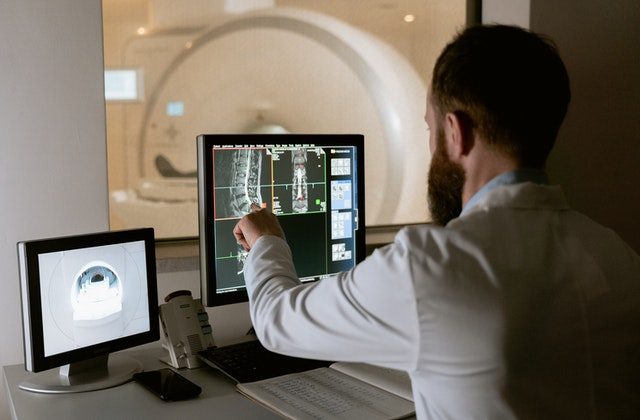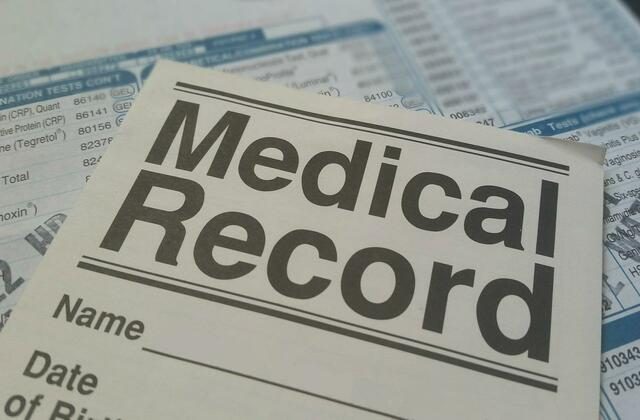Health information technology careers is a subfield of IT that draws on the medical and computer sciences for its expertise. Professionals in the field of health information technology are in demand across the healthcare sector, from hospitals and clinics to insurance firms and government agencies, where they gather, analyze, and secure sensitive patient information.
Students enrolled in health IT degree programs acquire the knowledge and abilities necessary to design, implement, and maintain EHRs. This resource provides aspiring health information technologists with information about the educational prerequisites, employment duties, and salary ranges for the field.
Functions And Obligations
Technicians in this field deal with medical records on behalf of patients. Health information technologists, also known as medical coders, health information software specialists, and healthcare professionals. They are responsible for reviewing medical records, organizing data, and verifying the correctness and clarity of the information contained therein.

Health information technologists may also be responsible for the management of electronic records systems, including the protection of patient confidentiality, the creation of backups, and the generation of reports. Patients’ records must be submitted and processed for medical reimbursement, organized in compliance with regulatory procedures, and retrieved as needed by doctors and patients.
Important Skills For Working In The Health Info Sector

Degree and certification programs in Health information technology careers emphasize the development of students’ technical, interpersonal, and analytical abilities. Health information technology programs are interdisciplinary, so students learn to write, read, and listen while also getting a solid grounding in medical terminology, finances, and software administration.
Interpersonal communication skills are also necessary for those working in health IT. They will be interacting with patients, doctors, and insurance companies.
Data Entry For The Medical Field
Health information technologists are educated in the lexicons and classification systems of the healthcare industry. Health information specialists can generate billing reports, correctly categorize medical services, and capture patient data by mastering medical terminology, medical codes, and various software systems.
Also visit: What Advance Artificial Intelligence Perception Does In the Medical Industry?
Software Support For Computers

In order to provide quality treatment to patients, health information technologists need expertise in the development, implementation, and upkeep of software systems. Health information professionals ensure data integrity and optimal system performance by installing patches, updating software, and creating and restoring backups of patient records.
Pay Close Attention
Health information technologists examine extensive reports, typically transferring information into electronic records systems. Health information technicians have a responsibility to ensure precision in their assessments and deliveries of patient data.
Regulatory Compliance
Medical and patient records are private, sensitive information, and health information technologists have a responsibility to uphold federal, state, and organization-wide privacy requirements.
Promising Occupations In The Field Of Health IT
Professionals in the health IT field often conduct audits of existing medical facilities to identify areas for technological improvement. A health information technology expert can aid in many areas of a hospital or clinic. The following are among the aspects of healthcare IT where it already has an impact:
- Health records that are specific to an individual (PHRs)
- EHRs, or electronic health records (EHRs)
- Internet-based prescriptions (E-prescribing)
Medical Records Clerk
The typical education required: Lower than a bachelor’s degree.

What they do: These detail-oriented workers, may go by a variety of titles, including medical records technician or health information management (HIM) clerk. They are responsible for keeping patient information secure and organized, performing basic coding, monitoring treatment outcomes, digitizing paper files, and ensuring compliance with HIPAA regulations.
Learn To Code Medical Data
Required Common Education: No more than a two-year degree
Their Role: These healthcare IT workers are closely tied to medical records clerks and are responsible for the organization of medical records as well as the assignment of appropriate diagnostic and procedural codes. This is critical for reasons, including the maintenance of easily searchable medical records and the facilitation of billing, as well as the “big data” tracking of healthcare trends on a national scale.
The Typical Education
They deal with both paper and electronic files to ensure the data is accurate, easily accessible, confidential, secure, and organized.
Get a job supervising people who keep medical records and code for medical procedures.
The typical education required: Typically, a bachelor’s degree is required. (but in some cases, an associate’s degree, professional certificates, and/or experience may be acceptable)
They are responsible for implementing new procedures and training employees. They may oversee less experienced medical coders or records clerks. Distance-based (i.e., online) bachelor’s degree programs in health information technology and allied subjects are listed by location on the Commission on Accreditation for Health Informatics and Information Management’s (CAHIIM) website.
Nursing Informatics

Experts in the use of “big data” in healthcare information technology, such as clinical informatics specialists, examine patient records in order to enhance patient care. Clinical informaticians are also referred to as health informaticians. These professionals are accountable for the design and development of user interfaces, data mining, the management and incorporation of evidence-based research, staff training, and the coordination of efforts between data entrants (such as medical coders) and healthcare workers who use the data.
Train To Work In Clinical Analysis
Required Common Education: Education Level: Bachelors. Clinical analysts are replacing medical records clerks in an effort to streamline the healthcare industry.
Become A Clinical Applications Specialist
Their Role: Similar to clinical analytics in Health information technology careers. Clinical application development deals with the management and upkeep of ever-evolving healthcare software and apps. These experts have extensive knowledge of medical billing processes, patient confidentiality requirements under HIPAA, and coding systems (such as ICD-10). Their knowledge of healthcare informatics systems like Epic Systems, Cerner, Meditech, AllScripts, and Athena Health is likely.




